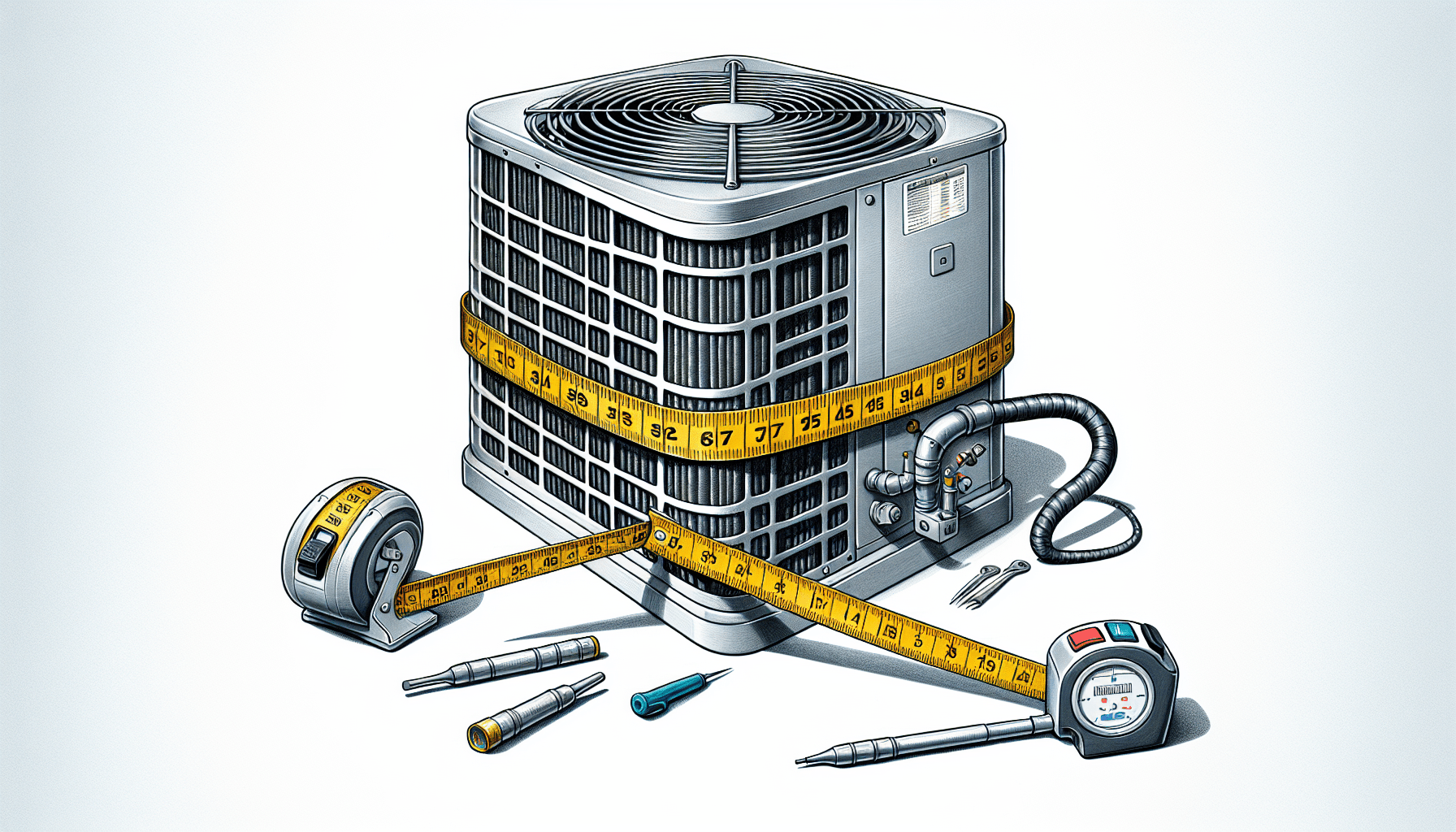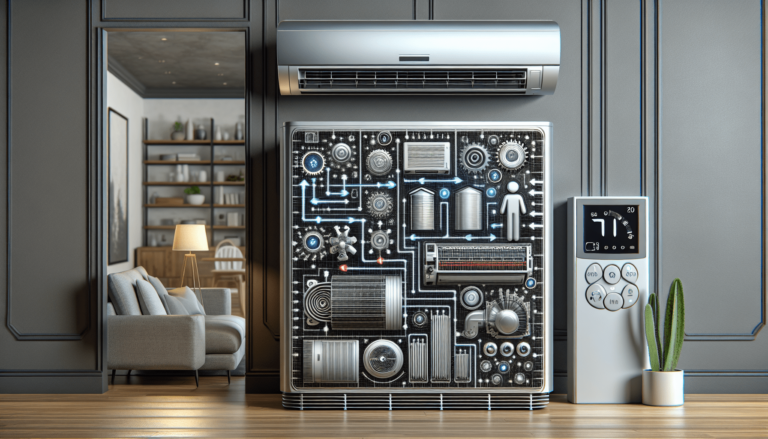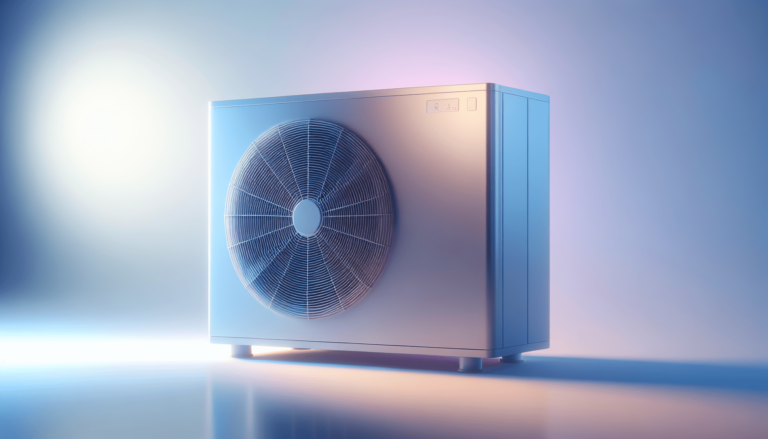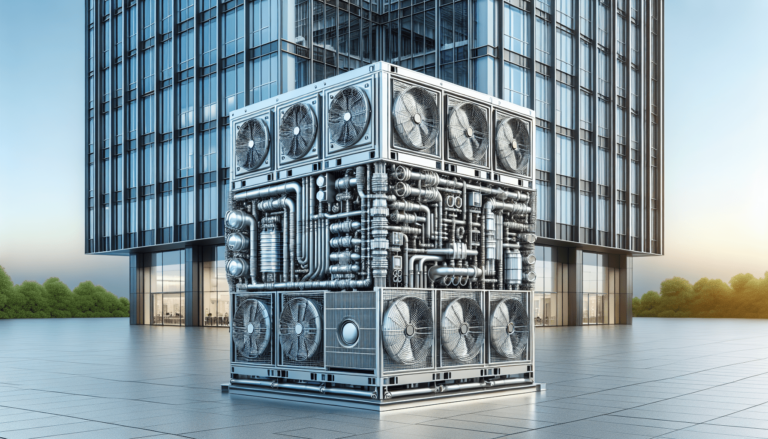

HVAC Services
Get Professional Repairs From The Area's Trusted HVAC Technicians. Ask About Our Services! We Offer Professional Heating & Cooling System Repairs And Guarantee Long-Lasting Results.
Got Question? Call us: (850) 678-2665Financing
Why HVAC Size Matters: Bigger Isn’t Always Better
Discover why the size of your HVAC system is crucial for comfort and efficiency. Bigger isn’t always better—learn how to find the right fit for your home.

Have you ever wondered why the size of your HVAC system is crucial to your home’s comfort and efficiency? You might think that bigger is always better when it comes to heating and cooling your home, but that’s not necessarily the case. In fact, having an HVAC system that’s too large can cause just as many problems as one that’s too small.
Understanding HVAC Systems
Before diving into why the size of your HVAC system matters, it’s important to understand what an HVAC system is and what it does. HVAC stands for Heating, Ventilation, and Air Conditioning. It’s a system that regulates the temperature, humidity, and air quality in your home or office, making it a key player in maintaining a comfortable living environment.
Components of an HVAC System
An HVAC system is composed of several parts that work together to heat or cool your space:
- Furnace: Warms air and circulates it throughout the building.
- Air Conditioner: Cools air and helps dehumidify your living space.
- Thermostat: Allows you to set desired temperatures.
- Ductwork: Distributes air to different rooms.
- Vents and Registers: Release air into each room.
Understanding these elements can help you appreciate why proper sizing is vital for ideal HVAC performance.
HVAC Efficiency Ratings
Efficiency ratings like Seasonal Energy Efficiency Ratio (SEER) for air conditioners and Annual Fuel Utilization Efficiency (AFUE) for furnaces give you an idea of how efficient an HVAC system is. Higher numbers mean more efficiency, but these ratings alone don’t tell the full story—system size plays a massive role, too.
The Importance of Proper HVAC Sizing
The common misconception is that a larger HVAC system will always perform better. However, this isn’t true. Proper sizing is more nuanced and involves considerations beyond just the square footage of your home.
Load Calculations: Not Just About Square Footage
HVAC professionals use a method called “load calculation” to determine the right size of unit for your home. This involves many factors, including:
- Home Size: Total square footage of your home.
- Insulation Levels: How well your home retains heat.
- Window Size and Type: Larger windows or those that aren’t insulated well can lead to greater heat loss or gain.
- Occupancy: Number of people typically in the home.
- Local Climate: Weather patterns and average temperatures.
- Air Leakage: Amount of air that enters and exits through cracks and openings.
Proper load calculation accounts for all these factors to ensure that your HVAC system is neither too big nor too small.
Short Cycling: The Downfall of an Oversized System
An oversized HVAC system will cool or heat your home too quickly, leading to a phenomenon known as “short cycling.” This is where the system frequently turns on and off, which can lead to:
- Increased Wear and Tear: More frequent cycling puts extra strain on the components, shortening the lifespan of your system.
- Energy Inefficiency: Constantly powering up and down uses more electricity, leading to higher energy bills.
- Poor Humidity Control: Quick cycles may not run long enough to dehumidify the air effectively, leading to a clammy, uncomfortable environment.
- Uneven Temperature Distribution: Rooms may not reach the same level of comfort, making some areas of your home warmer or cooler than others.
Undersized Systems: Struggling to Meet Demand
On the opposite side, an undersized system will struggle to maintain your desired temperature, running continuously to try and meet demand. This can lead to:
- Constant Operation: Running non-stop isn’t just inefficient; it can lead to quicker wear and tear.
- Higher Energy Bills: Because it’s always on, your monthly utility costs can skyrocket.
- Discomfort: The system may never effectively cool or heat your home to a comfortable temperature, especially in extreme weather.

Benefits of Properly Sized HVAC Systems
When your HVAC system is properly sized, it operates more efficiently and provides a more comfortable living environment. Here are several benefits:
Improved Energy Efficiency
A correctly sized HVAC system runs fewer cycles and operates more efficiently during each cycle. This reduces your overall energy consumption, saving you money on monthly utility bills.
Enhanced Comfort
Even temperature distribution and effective humidity control create a more comfortable living environment. You won’t have hot and cold spots, and the air feels just right—not too dry and not too humid.
Longer System Lifespan
With fewer cycles and less strain on components, a properly sized HVAC system will last longer. This reduces the frequency and cost of repairs and replacements, providing long-term savings.
Better Air Quality
Since a properly sized system runs optimal cycle lengths, it can filter the air more effectively, improving indoor air quality. This is especially beneficial for those with respiratory issues or allergies.
Cost Savings
Though it may cost more upfront to have a professional perform a detailed load calculation and possibly select a custom-sized unit, the long-term savings on energy bills, repair costs, and replacement expenses make it a wise investment.
How to Ensure Proper Sizing
Ensuring your HVAC system is properly sized involves working with a qualified HVAC professional who can perform a comprehensive load calculation. Here’s what you should expect from the process:
The Role of Manual J
A load calculation tool commonly used by HVAC professionals is Manual J, endorsed by the Air Conditioning Contractors of America (ACCA). This method considers all the factors we mentioned earlier—square footage, window type, insulation levels, etc.
The Importance of Professional Assessment
While it may be tempting to DIY or trust online calculators, these methods often lack the precision needed to account for all variables. A professional will inspect your home, gather data, and input this into specialized software to recommend the correct size.
Seasonal Considerations
Different areas experience different types of weather throughout the year. A professional will consider seasonal changes to ensure you’re comfortable year-round. Whether you need more cooling capacity for those brutally hot Florida summers or more heating for chilly nights, these factors matter.
Follow-Up and Maintenance
After installation, ensure regular maintenance to keep your system running optimally. Change filters, check for leaks, and schedule annual inspections to catch any potential issues early.

Busting Common HVAC Myths
There are many myths surrounding HVAC systems that can lead to misguided decisions. It’s important to debunk these myths to ensure you’re making informed choices.
Myth 1: Bigger Systems Are Always Better
As covered extensively, bigger isn’t necessarily better. Oversized systems can lead to short cycling, uneven temperature, and higher energy bills.
Myth 2: All HVAC Systems Are the Same
Different systems have varying designs, capacities, and efficiencies. Don’t assume one size fits all, as this mindset can lead to choosing the wrong system.
Myth 3: Only Square Footage Matters in Sizing
While square footage is important, many other factors like insulation, window type, and local climate play crucial roles in determining the correct size.
Myth 4: You Can Size a System Using Rules of Thumb
The one-size-fits-all approach is ineffective and unreliable. Professional load calculations are crucial for accurate sizing, ensuring efficiency and comfort.
The Role of Technology in Modern HVAC Systems
Modern HVAC systems come equipped with advanced technology that helps enhance efficiency, comfort, and control.
Smart Thermostats
Smart thermostats learn your habits and adjust heating and cooling settings automatically, enhancing comfort while reducing energy consumption. Features like remote access and scheduling add layers of convenience.
Zoning Systems
Zoning systems allow you to control the temperature in different areas of your home independently. This means you can cool or heat only the rooms being used, saving energy and enhancing comfort.
Variable Speed Motors
Variable speed motors adjust the airflow based on the needs of your home, providing more consistent temperatures and improved humidity control. These motors are more energy-efficient and quieter compared to traditional single-speed motors.
High-Efficiency Systems
Modern HVAC systems are designed to maximize efficiency, using advanced components and technology to reduce energy consumption and provide better performance. These systems often come with higher SEER and AFUE ratings, reflecting their superior efficiency.
Choosing the Right HVAC System: Professional Recommendations
Given the complexity involved in sizing and selecting an HVAC system, it’s essential to seek professional guidance. Here are some aspects to consider:
Experience and Expertise
Choose a reputable HVAC company with experience in performing load calculations and installing systems. Ask for references and check reviews to ensure they have a history of satisfied customers.
Comprehensive Services
Look for a provider that offers a range of services, from installation to maintenance and repairs. A full-service provider can offer continuity and better understand your specific needs.
Personalized Solutions
Every home is unique, and cookie-cutter solutions won’t do. Opt for a company that tailors its recommendations to your home’s specific characteristics and your personal preferences.
Transparency and Communication
Work with a provider that communicates clearly and transparently about costs, processes, and expectations. Good communication ensures you’re informed and confident in your HVAC decisions.
Here’s a professional recommendation to consider if you’re in the Niceville, FL area:
Tempacure Heating and Air Conditioning
- Address: 325 Cedar Ave S, Suite B, Niceville, FL 32578
- Phone: (850) 678-2665
- Website: tempacurehvac.com
They offer comprehensive HVAC services and work to ensure your system is accurately sized and effectively maintained.
Conclusion
When it comes to HVAC systems, size truly matters more than you might have initially thought. A properly sized system ensures energy efficiency, comfort, and longevity. Avoid the common pitfalls of oversized and undersized systems by relying on professional load calculations and recommendations. Remember, as much as technology and efficiency ratings are essential, they can’t compensate for a system that’s the wrong size.
In the end, choosing the right HVAC system and ensuring it’s properly sized is an investment in your home’s comfort and your long-term financial well-being. Make sure to prioritize accurate sizing, professional assessments, and ongoing maintenance to get the best performance from your HVAC system, ensuring your home is a sanctuary of comfort and efficiency.
If you’re looking for more personalized advice or need professional HVAC services, don’t hesitate to reach out to specialists like Tempacure Heating and Air Conditioning, who can guide you through the process of selecting and maintaining the ideal HVAC system for your home.







